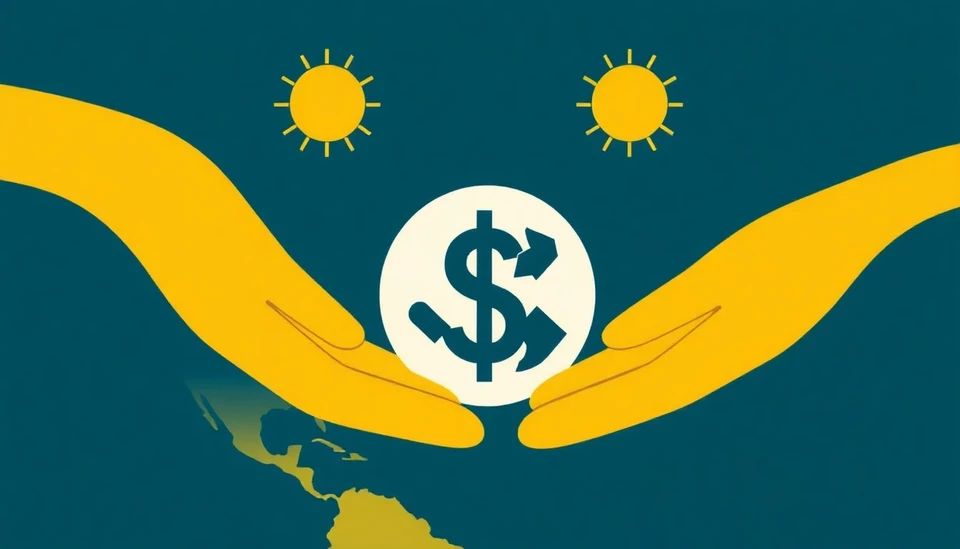
In a notable shift within the financial sector, Wall Street bankers are increasingly engaged in Environmental, Social, and Governance (ESG) debt swaps. This rise in transactions signifies a burgeoning interest among investors for more sustainable and responsible allotments of capital. As a result, the demand for innovative financial instruments that align with ESG principles is rapidly escalating.
The green debt market, particularly in the context of ESG debt swaps, has garnered attention for its capacity to enable firms to convert traditional debt into instruments that demonstrably reflect commitments to sustainable practices. Thus far, major banks are stepping up to fill this demand, with a new pipeline of deals anticipated to come to fruition in the near future.
Banks and financial institutions are not merely spectators in this growing market; they are becoming pivotal players driving the trend. With clients increasingly scrutinizing their investment portfolios for sustainability, banks have to adapt and develop bespoke solutions that meet the evolving needs of their clientele. ESG debt swaps are emerging as an attractive solution that allows clients to hedge their existing portfolios while enhancing their sustainability commitments.
The marketplace is witnessing traditional bonds being swapped for green or sustainable bonds, a practice that facilitates enhanced liquidity for issuers while providing investors with more socially responsible choices. This strategic maneuvering is seen as mutually beneficial, leveraging the banks’ expertise in structuring deals that satisfy the rigorous demands of ESG criteria.
Several prominent banks have already announced new initiatives to further tap into this growing market. Enhanced frameworks and methodologies to evaluate ESG impacts are being cultivated, thereby expanding the toolkit available to both issuers and investors. These developments indicate not just a trend, but potentially a shift in how debt is conceptualized and utilized in the context of corporate responsibility.
The response from institutional investors has been overwhelmingly positive, with many eager to explore these new prospects. Market analyses project significant growth in this segment as awareness regarding sustainable investment options increases. With ESG issues taking center stage, there is a strong emphasis on responsible capital allocation, and this has positioned ESG debt swaps as a top consideration for many investment portfolios.
As this momentum continues to build, market participants are closely monitoring how these developments will reshape the traditional lending landscape. The potential for ESG debt swaps to revolutionize not only financial practices but also corporate behavior has become a compelling narrative among financial analysts and eco-conscious investors alike.
#ESG #DebtSwaps #SustainableInvesting #WallStreet #FinanceTrends #GreenBonds #CorporateResponsibility #InvestmentOpportunities
Author: Peter Collins




